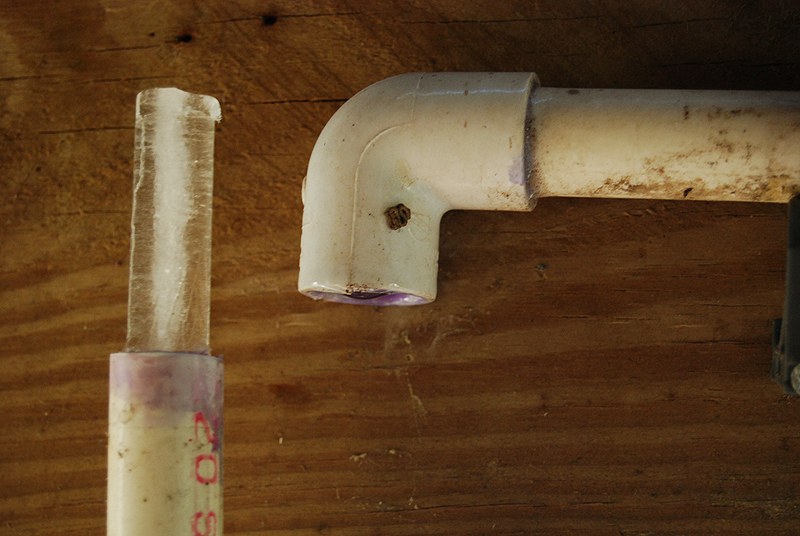The unknown “Florida winter” is in full swing and you know what that means – dropping temperatures, whipping winds, and the return of snowbird season traffic. While there’s no shortage of cold weather chores like draining sprinklers and covering plants, one crucial winter prep task often goes overlooked: winterizing your plumbing system. Frozen pipes are a major headache no homeowner wants to deal with. When temperatures dip below freezing, any standing water inside pipes can turn to ice, expanding and creating immense pressure. This pressure can cause pipes to crack or rupture entirely, leading to flooding, water damage, and thousands in repair costs.
The good news is you can avoid this plumbing catastrophe through some simple preventative measures. At Mariner Plumbing, we’ve witnessed the destruction frozen pipes can wreak firsthand. That’s why we always recommend taking a few key winterization steps before the deep chill of January and February sets in. Insulate Exposed Pipes Any pipes located in unheated areas like crawl spaces, basements, and attics should be wrapped with foam pipe insulation. For an extra layer of protection, consider covering insulated pipes with heating cables or tape. Seal Air Leaks Use caulk or insulation to plug any drafty cracks, holes or openings where cold outside air could potentially reach pipes. Seal areas near dryer vents, pipes leading to the outdoors, and any other openings where pipes may be vulnerable. Drain Outdoor Faucets/Supply Lines Disconnect any garden hoses and shut off the supply line to outdoor faucets.
Once the water line is closed, open up the faucet to drain any remaining water that could freeze and cause pipes to burst. Open Cabinet Doors On especially frigid nights, keep cabinet and vanity doors open to allow heated interior air to circulate around plumbing lines. This helps prevent freezing in areas with limited insulation. Set Thermostat for Consistent Heat Never set your thermostat below 55°F when leaving for an extended period. Consistent interior heating, even at lower temperatures, is crucial for preventing freezing pipes. Let Faucets Drip When temps plummet below 25°F, allowing faucets to slowly drip can relieve pressure in the pipes and prevent freezing. The dripping water is a small price to pay versus repairing major pipe damage.
Knowing your pipes and plumbing system are prepared for the harshest of winter weather brings invaluable peace of mind. However, if you do run into any frozen pipe issues, burst lines or other plumbing emergencies this winter, the Mariner Plumbing team is just a call away 24/7 to quickly resolve the problem. Stay warm out there!

